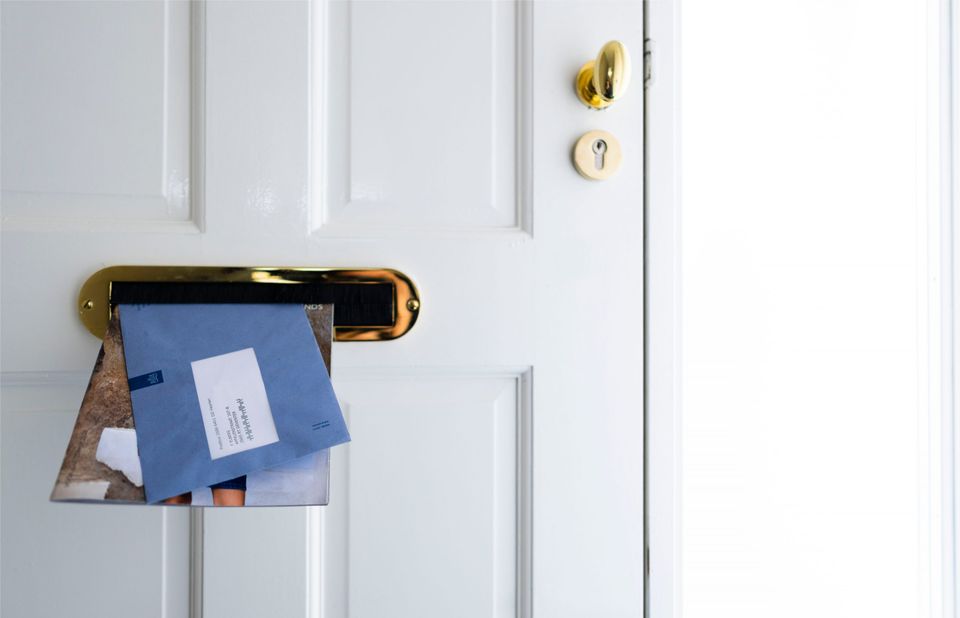VAT and Income Tax for Freelancers in the Netherlands: Simplified
An article by the TaxSavers
Are you a freelancer in the Netherlands feeling overwhelmed by Dutch tax paperwork? This guide will help you navigate the key tax requirements.
Starting as Self-Employed
In the Netherlands, you’ll come across terms like freelancer, zzp’er (self-employed without staff), and sole proprietorship (eenmanszaak). A zzp’er or freelancer works without an employment contract, and you’re responsible for handling your own taxes. A sole proprietorship is a legal form of business you can choose when registering with the Chamber of Commerce (KvK). If you’re only covering expenses and not making a profit, you may not need to register.
How to Get Started
- Register with the KvK: You’ll receive a KvK number and VAT number (BTW-nummer) to invoice clients.
- Get Help Early: Consult a tax advisor or accountant to start bookkeeping right.
- Track Your Finances: You must keep records for at least seven years. Using software or bookkeeping services helps.
VAT
As a freelancer in the Netherlands, you'll need to handle two main types of taxes: VAT and income tax, both requiring separate returns.
VAT (Value-Added Tax) is charged on most goods and services. The three main VAT rates are:
- 21% for most services and goods
- 9% for specific items (e.g., food, books)
- 0% for exempt services (e.g., medical, educational)
As a business, you must add VAT (output VAT) to invoices and pay it to the tax office. You can also reclaim VAT on business expenses (input VAT). VAT returns are filed quarterly.
Income Tax
Freelancers file an annual income tax return. The 2024 income tax rates are:
- 36.97% for income up to €75,624
- 49.50% for income above €75,624
Additionally, a healthcare insurance contribution (ZVW) of 5.32% is required for income up to €71,628.
Tax Credits
Freelancers in the Netherlands can benefit from:
- General levy rebate: A tax credit reducing taxable income. In 2024, the maximum rebate is €3,374, but it decreases for incomes above €24,814.
- Labor levy rebate: A rebate for self-employed income, with a maximum of €5,532. However, it decreases from an income of €39,957 and phases out completely at €124,935.
Tax Benefits for Entrepreneurs
- Self-employment deduction: €3,750 for 2024 if you work at least 1,225 hours annually.
- Starters' deduction: An additional €2,123 for new entrepreneurs, available for three years.
- SME profit exemption: 13.3% of profits are tax-exempt after other deductions.
- Small-scale investment deduction: Up to 28% of annual investments above €2,800 can be deducted.
Conclusion
Navigating Dutch taxes as a freelancer involves a lot of managing VAT and income tax. With the right support, you can take advantage of available tax benefits. At TaxSavers, we are here to help freelancers manage their taxes and stay compliant.
